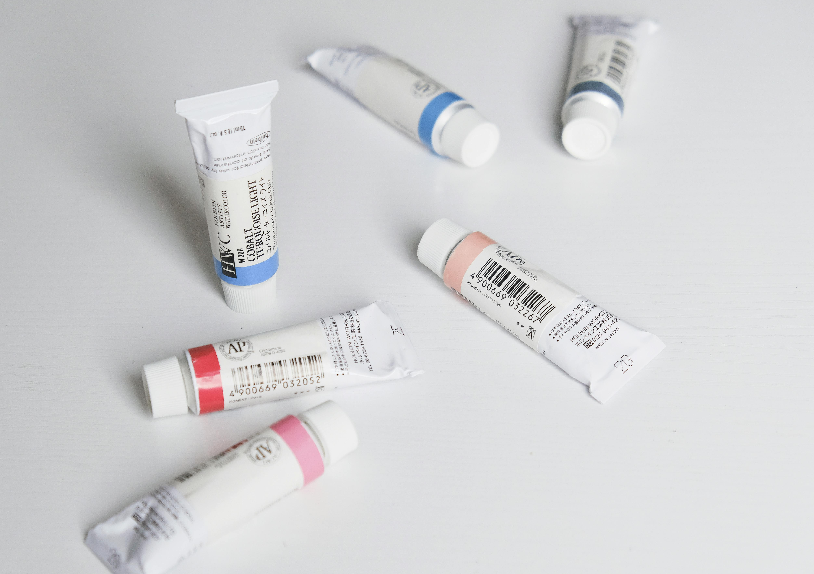Tube filling may seem straightforward, but in practice, it’s a precision-driven process where small errors can lead to big problems—costly rework, product waste, and even damage to your brand reputation. At Custom Pak Illinois (CPI), we’ve seen firsthand how common mistakes can derail production, especially for companies working with inexperienced contract packaging companies.
As a leader in contract tube filling services, CPI has developed a robust process to eliminate those risks before they impact your business. Here are three of the most common tube filling mistakes—and how our team avoids them through meticulous systems, equipment, and expertise.
1. Inconsistent Fill Volumes
One of the most frequent issues in tube packaging is inconsistency in fill levels. Whether due to machine miscalibration, product viscosity changes, or operator error, underfilling or overfilling tubes not only leads to waste but can also trigger compliance issues, especially in regulated industries.
How CPI avoids it:
CPI uses precision-controlled filling equipment capable of adjusting for different product viscosities. Our highly trained operators monitor every run, and our quality assurance team verifies weights against specifications throughout the production cycle. By investing in high-accuracy systems, we ensure that every tube meets exact volume standards—whether it’s an adhesive, cosmetic cream, or lubricant.
2. Poor Seals and Leaks
Leaks at the seal or crimp point are a major red flag in tube packaging. They often result from incorrect sealing temperature, improper material handling, or machine wear and tear. For products like creams, pastes, or chemical compounds, even a small leak can result in a messy experience for the end user—and a ruined product batch for you.
How CPI avoids it:
We conduct seal integrity testing at every batch checkpoint. CPI’s state-of-the-art tube filling services include automated crimping and sealing lines optimized for both LDPE and polypropylene tubes. Combined with regular equipment calibration and preventive maintenance, our process minimizes seal-related defects and ensures clean, professional results for every unit.
3. Material Incompatibility

Choosing the wrong tube material for your product can lead to chemical reactions, tube failure, or customer dissatisfaction. This is especially common in co packing companies that lack experience with chemical-based or high-viscosity products.
How CPI avoids it:
Before we even start production, CPI works with you to evaluate product compatibility and performance requirements. Our contract packaging service includes a material assessment to determine whether LDPE or polypropylene is best for your formulation. This proactive approach ensures your product is housed in packaging that supports stability, longevity, and proper dispensing.
Eliminate Risk. Maximize Quality. Partner with CPI.
If your current contract tube filling services provider is costing you time, money, or peace of mind, it’s time to upgrade to Custom Pak Illinois. We offer end-to-end co packing solutions tailored to your product, industry, and goals—with zero shortcuts.
Contact our team today to learn how our contract packaging services can streamline your operations and elevate your product’s performance in the market.

